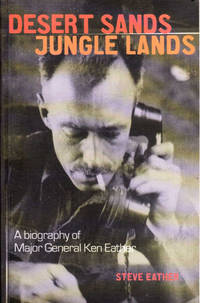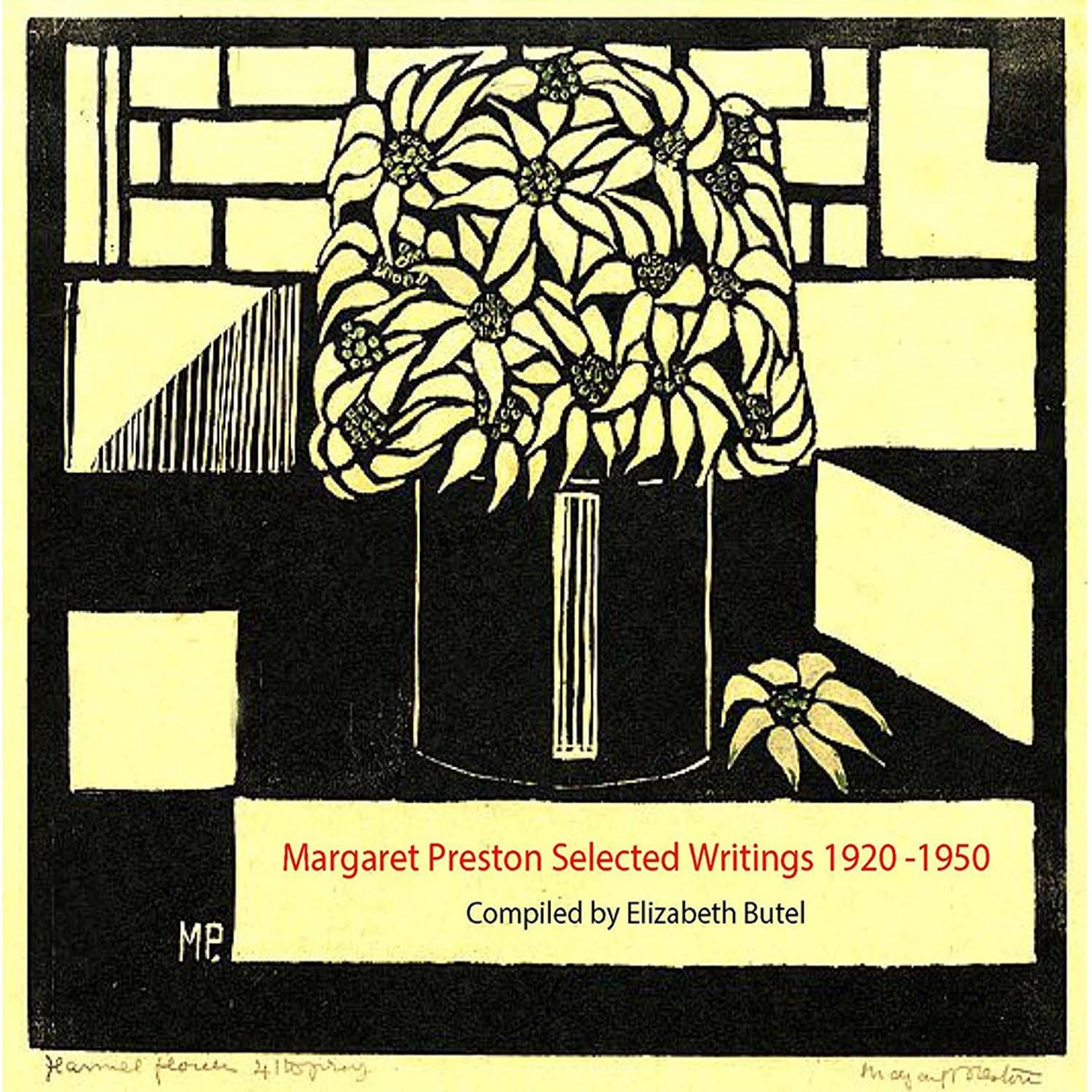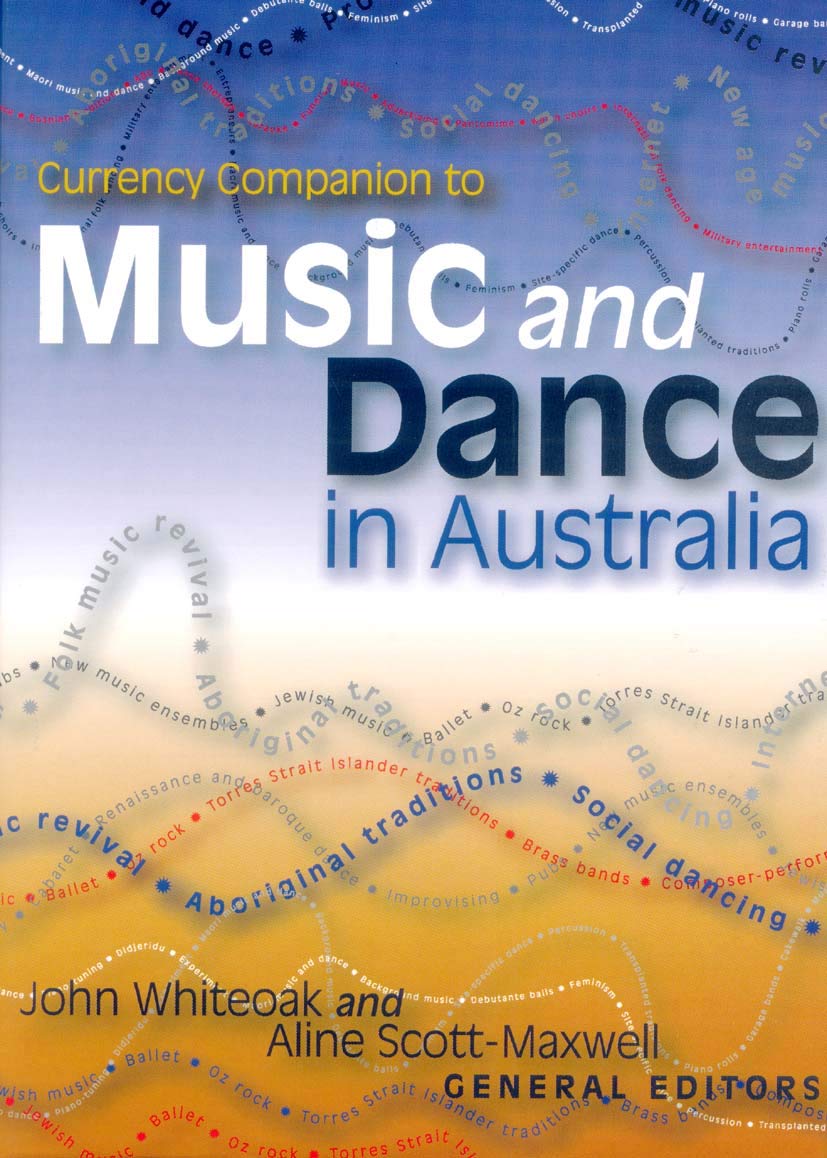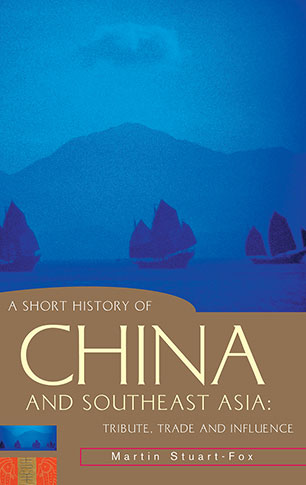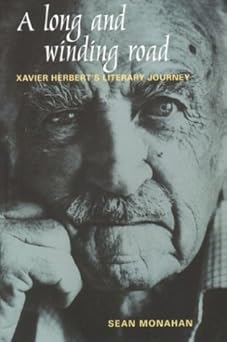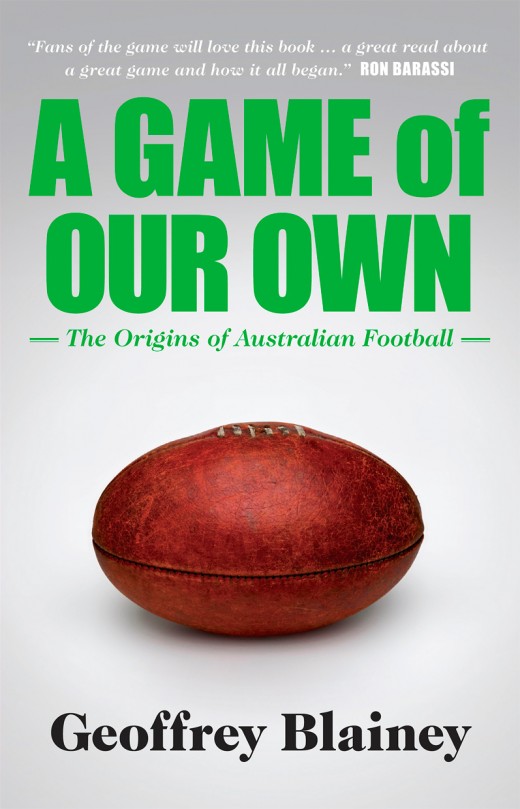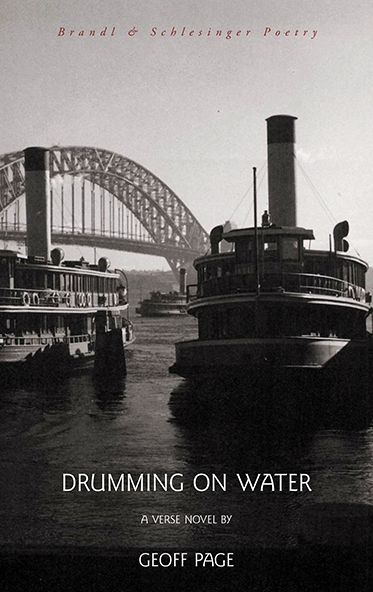Archive
Desert Sands, Jungle Lands: A biography of Major General Ken Eather by Steve Eather
by Mark Johnston •
Art and Australia by Margaret Preston: Selected writings 1920–1950 edited by Elizabeth Butel
by Alisa Bunbury •
Currency Companion to Music and Dance in Australia edited by John Whiteoak and Aline Scott-Maxwell
by John Rickard •
A Short History of China and Southeast Asia: Tribute, trade and influence by Martin Stuart-Fox
by David Reeve •
A Long and Winding Road: Xavier Herbert's literary journey by Sean Monahan
by Shirley Walker •
A Game of Our Own: The origins of Australian football by Geoffrey Blainey
by Brent Crosswell •
There is a difference between celebrity and recognition. Celebrities are recognised in the street, but usually because of who they are, or who they are supposed to be. To achieve recognition, however, is to be recognised in a different way. It is to be known for what you have done, and quite often the person who knows what you have done has no idea what you look like. When I say I’ve had enough of celebrity status, I don’t mean that I am sick of the very idea.
... (read more)
